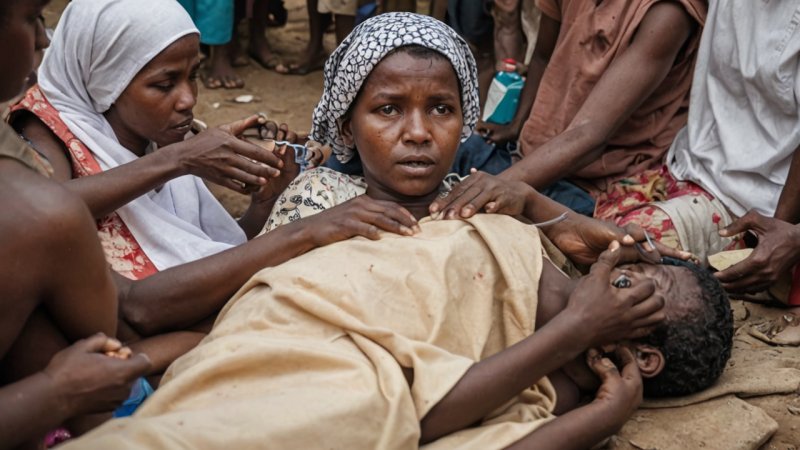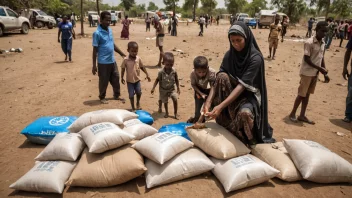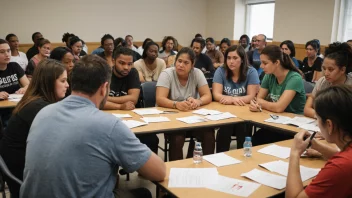Humanitarian crises unfold in various forms, from natural disasters to armed conflicts, each bringing with it a wave of challenges for affected populations. One of the most critical components of an effective response to these crises is the provision of health services. The role of health services in emergency humanitarian aid is pivotal, serving as a lifeline for communities struggling to cope with the aftermath of catastrophic events.
When disaster strikes, health services are often the first point of contact for those in need. Access to medical care becomes paramount, especially for individuals suffering from injuries, chronic illnesses, or communicable diseases. Emergency medical teams, often comprised of healthcare professionals from various sectors, are dispatched to provide immediate care. These teams assess the health needs of the population, prioritize cases, and deliver essential medical treatments. Their swift response can mean the difference between life and death for many individuals.
In addition to immediate care, health services focus on preventing disease outbreaks during emergencies. Displaced populations often find themselves in overcrowded shelters with limited access to clean water and sanitation facilities. The risk of communicable diseases, such as cholera or measles, escalates in such conditions. Health services work diligently to implement preventive measures, including vaccinations, hygiene education, and the distribution of essential health supplies. These interventions are critical in safeguarding public health and mitigating the impact of disease in vulnerable populations.
Furthermore, effective health services rely on collaboration and coordination among various organizations. During emergencies, local governments, international NGOs, and community health workers must communicate and work together to ensure a comprehensive response. Organizations like the World Health Organization (WHO) play a vital role in facilitating this coordination, aiding in the identification of health needs, and mobilizing resources. By fostering partnerships, health services can maximize their reach and effectiveness, ensuring that aid is delivered where it is needed most.
Mental health is another critical aspect of health services in emergencies. The trauma experienced by individuals in crisis situations can lead to long-term psychological effects. Providing mental health support is essential for helping individuals cope with their experiences and begin the healing process. Initiatives such as counseling services, support groups, and trauma-informed care are vital components of a holistic health response during emergencies. Addressing mental health needs alongside physical health is crucial for the overall well-being of affected communities.
To strengthen the resilience of health systems in the aftermath of crises, it is essential to invest in training local health workers. By equipping local personnel with the necessary skills and resources, communities can better prepare for future emergencies. Local health workers are often trusted figures in their communities, and their involvement ensures culturally sensitive responses tailored to the unique needs of the population.
In summary, the role of health services in emergency humanitarian aid is vital for saving lives and promoting health in times of crisis. From immediate medical care to disease prevention and mental health support, health services play a fundamental role in the recovery process. By recognizing the importance of these services and supporting initiatives that enhance health care delivery, individuals can contribute to building a more resilient and healthier global community.
Emergency Health Services: A Lifeline in Crises
Emergency health services are crucial in times of humanitarian crises, providing immediate medical care, disease prevention, and mental health support to affected populations.






